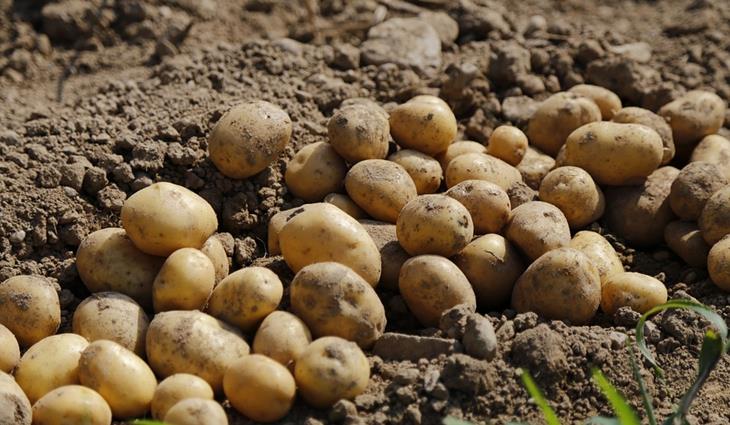Africa has to prioritise investing in cold storage to prolong harvest life and ensure the benefit of the value chain is felt by the continent.
Forty per cent of perishables harvested in Africa are lost before reaching the consumer creating a loss for farmers and the agriculture industry; with cold storage initiatives this lifespan can be extended.
“What we are working on right now is focusing on potatoes, looking at the opportunities this value chain presents to African farmers and we are looking at countries that are most opportunely placed to benefit from this (Rwanda, Uganda an Kenya),” said Dr Agnes Kalibata, President of Alliance for a Green Revolution in Africa (AGRA).
Kalibata believes the potato value chain would benefit from a regional player as the market is still “extremely fragmented” and because it is fresh produce, it also has high losses.
“The focus we are promoting is really around ensuring that we reduce post-harvest losses in potatoes, so that we can create an incentive for farmers to want to move from the current 5 tonnes per hectare to 50 tonnes – believe it or not, Dutch farmers are at 55 tonnes per hectare.”
Kalibata says Rwanda has grown from 5 tonnes per hectare to 25 tonnes but the problem comes when trying to motivate a farmer to double that, especially when the farmer is already experiencing a 40 per cent loss on what they are producing.
“The more you produce, the more you lose so the challenge is to assure that we put that 40 per cent back into the value chain.”
Kalibata wants to drive that a lot of the potatoes used in hotels and restaurants are imported, so the aim is to not miss an opportunity but to build on what farmers are producing.
“I think it is extremely feasible in this partnership we recognise the role of government, we recognise the role of institutions and the role of the private sector and the role of farmers.”
“Each of these countries is going to have to work with the private sector to ensure that electricity is available, in this case we are talking about one million tonnes of storage and it is not extremely difficult for farmers to have one million tonnes in surplus.”
Especially because potatoes are in season for a short period of time and then the rest of the year potatoes are scarce.
“It is using that opportunity of lack of potatoes to stretch cold storage so that it works the rest of the year and we stop importing the potatoes from elsewhere and encourage our own value addition to start happening.”
She adds: “Some of it is going to come from what governments do, which is to provide the minimum infrastructure and the other part is going to come from institutes like AGRA that spend resources to ensure capacity building is done but the critical financing is going to come from the private sector.”

